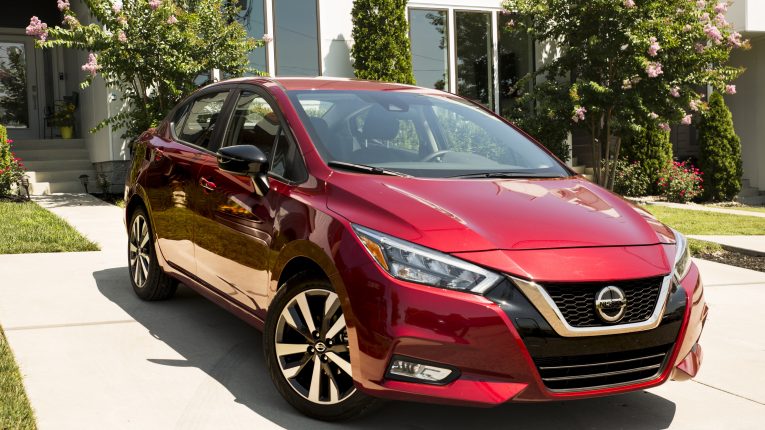
How long do extended warranties last?
When you are purchasing a new product, one of the decisions you have to make is whether or not to purchase an extended warranty. This can be a difficult decision, especially since warranties can be expensive and they may not cover everything that could go wrong with your product. Let’s explore how long extended warranties last and what they typically cover. We will also discuss some factors you should consider when deciding whether or not to buy an extended warranty.
What is an extended warranty and what does it cover?
An extended warranty is an insurance policy on your vehicle, and it acts as a safeguard against expensive, unforeseen repairs. Many people choose to purchase an extended warranty when they buy a new car, but you can also buy one for an older vehicle.
The best extended car warranty typically covers major components like the engine, transmission, and electrical system. If something goes wrong with one of these parts, the warranty will pay for the repairs.
Some extended warranties even cover things like towing and rental cars. So if your car breaks down, you can rest assured knowing that you’re covered. Whether you’re buying a new car or an older one, an extended warranty can give you peace of mind on the road.
How long do they last and how much do they cost?
An extended warranty is an insurance policy on your car, and just like any other insurance policy, it has a term. The length of an extended warranty is typically about 3 years or 36,000 miles, whichever comes first.
So, if you have a car that’s already a few years old, or you put a lot of miles on your car every year, an extended warranty can give you peace of mind by covering unexpected repairs. As for cost, it depends on a variety of factors such as the make and model of your car, your driving habits, and the coverage you choose.
However, you can expect to pay anywhere from a few hundred to a few thousand dollars for an extended warranty. And while that may seem like a lot of money upfront, it could save you thousands of dollars in repairs down the road. So when it comes to extended warranties, it’s important to consider both the cost and the coverage to find the best policy for your needs.
Are they worth the money, or are you better off just repairing things as they break down?
Extended warranties can be a tough sell. On the one hand, they promise peace of mind in the event of an unexpected repair. On the other hand, they can be expensive, and there’s always the possibility that you’ll never need to use them. So, are extended warranties worth the money?
The answer may depend on a number of factors. For example, if you’re buying a high-end appliance with a lot of complex parts, an extended warranty could save you a lot of money in the long run. On the other hand, if you’re buying a simple product that is unlikely to break down, an extended warranty is probably not necessary. In the end, it’s up to you to decide whether an extended warranty is worth the investment.
What are some tips for choosing the right extended warranty for your needs?
Whether you’re buying a new car, a new appliance, or a new piece of electronic equipment, you’ll probably be offered an extended warranty. But do you really need one? And if so, how do you choose the right one? Here are a few tips to help you make the best decision for your needs.
- First, consider the cost of the extended warranty relative to the price of the item. In general, you don’t want to spend more than 10% of the purchase price on an extended warranty.
- Second, read the fine print carefully. Pay attention to things like coverage limits, exclusionary clauses, and transferability.
- Third, check to see if the manufacturer offers an extended warranty. Many companies will extend the terms of their standard warranties at no additional cost.
- Finally, consider your own level of risk tolerance. If you’re the type of person who is always worried about things breaking, then an extended warranty may give you peace of mind. On the other hand, if you’re comfortable with taking your chances, then you may want to save your money and forego the extended warranty.
No matter what you decide, remember that an extended warranty is only as good as the company that stands behind it. Do your research and choose a reputable provider before making your purchase.
What are the benefits and drawbacks of extended warranties?
There are a few things to consider when making your decision. First, think about the item you’re purchasing and how likely it is to break down. If it’s a reliable brand or model, then an extended warranty may not be necessary. However, if it’s prone to breaking down, then an extended warranty could save you a lot of money in the long run.
Second, consider how long you’re planning on keeping the item. If you’re only going to keep it for a year or two, then an extended warranty may not be worth the cost. However, if you plan on keeping it for several years, then an extended warranty could give you peace of mind in case something does go wrong.
Finally, consider the cost of the extended warranty itself. In some cases, the cost of the warranty can be nearly as much as the item itself. In these cases, it’s important to weigh the pros and cons carefully before making a decision.
In general, extended warranties are best for items that are expensive to repair or replace and that have a high likelihood of breaking down. However, ultimately the decision of whether or not to purchase an extended warranty is up to you and should be based on your specific needs and circumstances.







